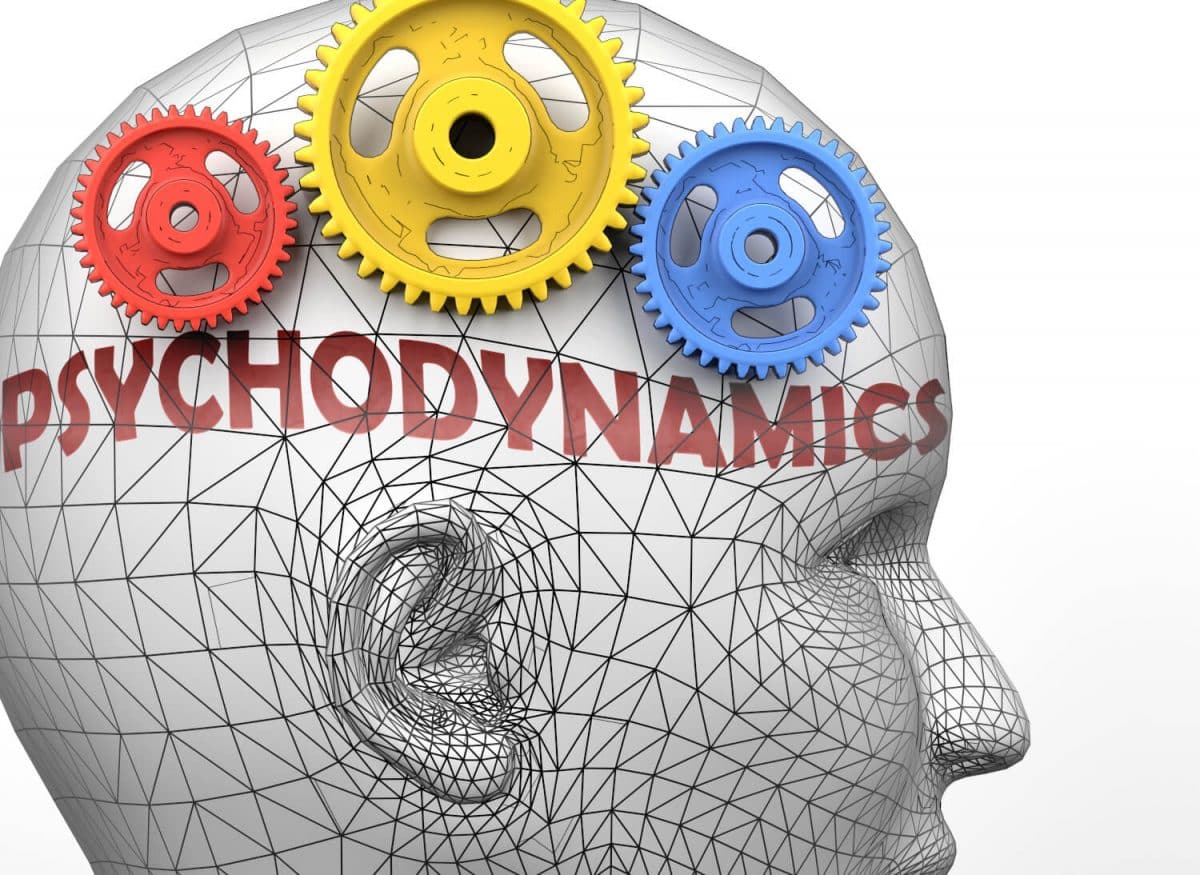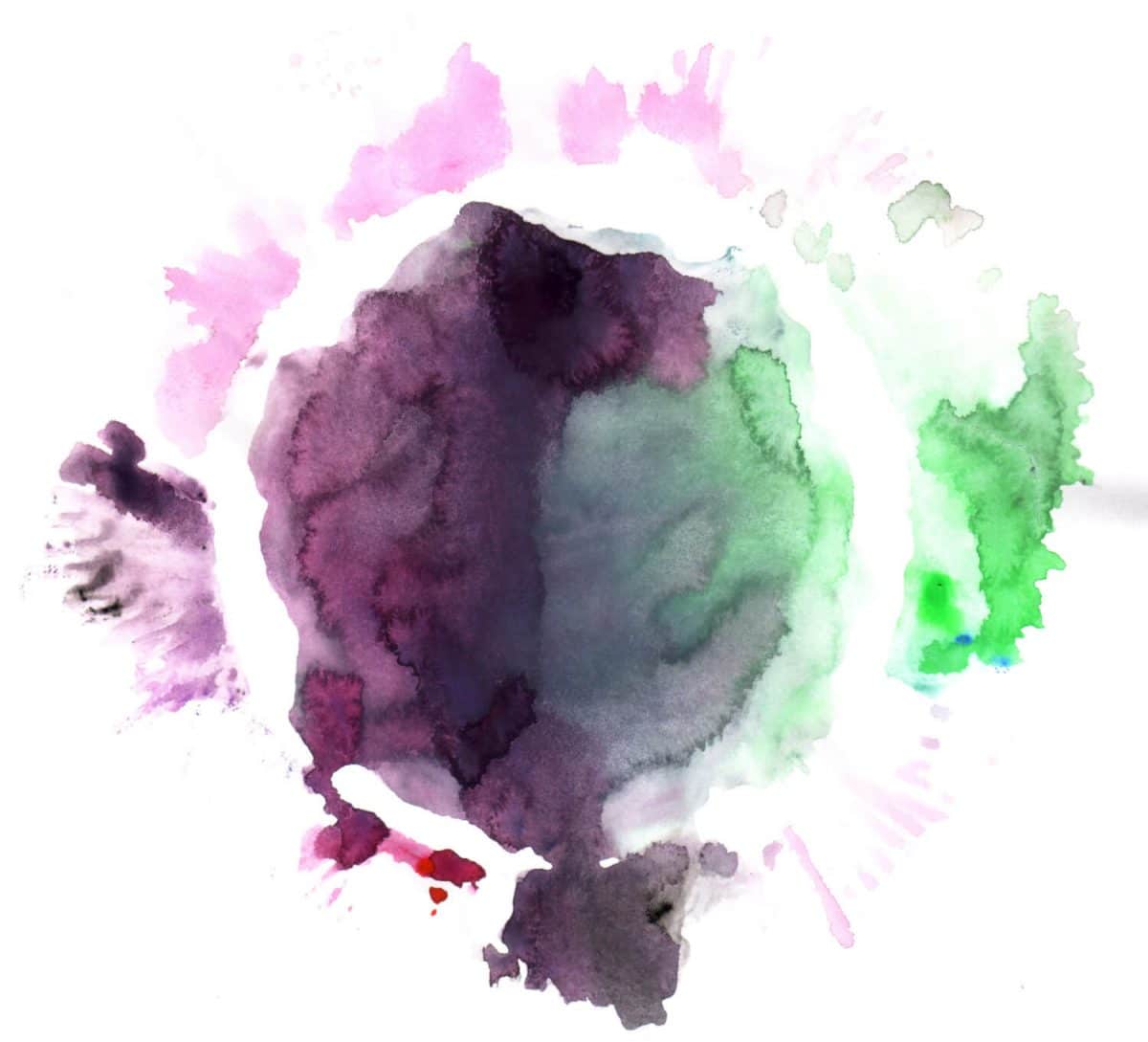Much of what takes place in mental health today has firm foundations in psychodynamic psychology.
Sigmund Freud first brought about psychodynamic therapy, an Austrian psychoanalyst also known as the father of psychoanalysis.
What is psychodynamic psychology?
Freud proposed the psychodynamic theory in the 1890s, where he developed a collection of therapeutic techniques and ideas that formed his psychodynamic approach to psychology.
Unconscious processes
Broadly, the undercurrent of psychoanalysis is that all humans possess unconscious motivations, desires, memories, thoughts, and feelings.
Freud hypothesized that people adopt coping mechanisms to protect them against any deep-seated unconscious desires and wishes that may not be deemed socially acceptable.
What impact has psychodynamic therapy had on psychology?

Even though it’s been centuries since Freud first introduced the psychodynamic theory into mainstream psychology, the influence it has had on mental illness and treatment for specific mental health conditions has been phenomenal.
One of the core beliefs of psychoanalysis is that people experience catharsis and gain insight into their personalities and unconscious motivations through bringing the unconscious into the conscious.
Self-reflection
Freud and his psychodynamic circle believed that the process of bringing mental processes into the conscious mind has a profoundly healing impact on those in psychological distress.
For example, psychoanalysts believe that unconscious motivations drive all behaviour and that our past experiences (i.e., childhood experiences) affect our behaviour in the present.
Psychological factors
Psychoanalysts believe several factors influence personality development and human behaviour, such as:
- emotional and psychological issues such as anxiety and depression are deep-rooted conflicts between the conscious and the unconscious mind
- unconscious drives strongly influence an individual’s behavior
- the development of personality gets strongly influenced by early childhood experiences (Freud believed that character was fully developed by age five)
- people adopt defense mechanisms to protect themselves against any unpleasant information stored within the unconscious
Trained psychoanalysts can help support clients in psychological distress by bringing certain aspects of the unconscious mind into conscious awareness by using dream interpretation and free association techniques.
A brief history on psychodynamic psychology
Sigmund Freud was part of a significant psychodynamic movement that included the likes of Carl Jung, Erik Erikson, John Bowlby, and Melanie Klein, all of which were part of the evolution of psychoanalytic theory.
Freud founded psychodynamic psychotherapy as well as the psychodynamic approach to psychology.
Psychodynamic perspective
One of Freud’s main theories is his personality theory, in which he believed that personality comprises three essential components, namely the ID, Ego, and Superego.
Much of Freud’s work has sparked controversy over the years, particularly his theory on the psychosexual stages of development.
However, many of Freud’s theories, such as dream interpretation and the unconscious, are still prevalent in today’s mental health community.
Many psychologists and people outside the therapeutic alliance are still fascinated by the theories he proposed.
Psychodynamic therapies

The American Psychoanalytic Association reports that psychological therapies like psychoanalysis can help individuals to understand themselves better through exploration of their unrecognized (often unconscious) impulses that are deeply embedded (or hidden) in the unconscious mind.
Applied psychoanalysis
As well as psychoanalytic therapy, the psychodynamic approach encompasses several critical areas, such as applied psychoanalysis (which applies psychoanalytic methods and principles to the study of literature, arts, and real-life events).
Neuro-psychoanalysis
Neuro-psychoanalysis applies neuroscience to psychoanalytical topics such as repression and dream interpretation.
Criticisms around psychodynamic concepts
You’d be hard-pressed to find a lack of criticism around Freudian psychoanalytic concepts primarily because most of Freud’s work was based on case studies from his clinical work on a specific subset of patients.
For example, the above case studies included Freud’s infamous case studies on Little Hans, Anna O, and Dora.
Such findings proved challenging to generalize to broader client groups and the wider population due to the lack of empirical scientific data.
However, Freudian theories have left a lasting impression on modern-day psychology and culture, with many therapists adopting his psychological processes within their practice.
The conscious versus the unconscious mind
The psychodynamic model is based on several principles, focusing on unconscious drives.
According to Freud, the unconscious is the part of the brain responsible for our innate drives, childhood memories, and secret urges or wishes.
Freud hypothesized that the unconscious contains material and information that individuals may consider socially unacceptable or unpleasant.
Thus, individuals bury such information deeply into their unconscious minds to avoid conflict or pain.
Painful feelings
Although repressed material, such as memories, secret urges, impulses, or desires, is outside our conscious awareness, our thoughts and behaviours get profoundly influenced by the suppressed information.
In contrast, the conscious mind is easily accessible, and specific thoughts, memories, and feelings can quickly get brought into awareness.
The ID, Ego and the Superego: the three parts of the personality according to Freud

Freud said that the personality comprises three components, Id, Ego, and Superego.
ID
The ID stands for instinctual drives and is the primitive part of the personality, which contains our (unconscious) basic drives and primal urges.
The ID is present from birth and is the unconscious part of the personality.
Ego
The second component of human personality is the Ego.
The Ego is the mediator between our primary urges (ID) and the demands of reality; it helps mediate the desires manifesting from the ID, allowing us to behave in realistic and socially acceptable ways.
Additionally, the Ego forces us to channel our instinctual impulses into socially acceptable behaviours rather than engaging in self-gratifying behaviours.
The Ego allows us to equilibrate the demands from the ID by striking a balance between our basic urges, ideals, and reality.
The Superego
The final component of human personality, according to Freud, is the Superego.
The Superego is the morality part of the personality that contains our values and ideals.
Such values are often instilled within us by our parents and society. They are the guiding force of our conscience or Superego, where we strive to behave following our morals and values.
Defense mechanisms
Ego psychology and psychodynamic theory believe that the Ego adopts defence mechanisms to protect itself from unpleasant information and anxiety.
Such defence mechanisms safeguard us from any unpleasant or distressing aspects of the unconscious that may be brought into conscious awareness.
Emotional processes
For example, when someone endures a traumatic or unpleasant experience, the Ego’s way of protecting itself is to adopt specific defence mechanisms to prevent that information from entering the conscious mind.
The above process occurs to protect the individual against any further distress.
Strengths and flaws around psychodynamic therapy

Although the methodologies and approaches of psychodynamic therapy have significantly impacted today’s mental health practice, it isn’t without its flaws.
However, despite the many controversies around Freud’s psychodynamic theory, it has left a lasting mark on the way that the therapeutic relationship between patient and therapist gets viewed, and of course, the way that mental health professionals treat mental illness.
Strengths
- The psychodynamic circle consisted of great thinkers such as Freud, Erik Erikson, and John Bowlby, which continue to influence how psychodynamic therapy focuses on treating patients for certain mental health conditions like anxiety and depression.
- Even though psychodynamic theory did not rely on experimental research, as a rule, the ideas and methods around psychoanalytic theory have contributed to the development of experimental psychology.
- Psychodynamic therapies opened up a new way of looking at and treating mental health conditions through therapeutic techniques such as talk therapy and free association, which minimizes patients’ psychological distress.
Flaws
- Psychodynamic theories and concepts are hard to measure and quantify since most of the studies got conducted on a small subset of the population and are mainly non-scientific
- Freud’s theories put too much emphasis on sex, aggression, the unconscious, and childhood experiences
- The majority of Freud’s studies got based on clinical observations and not empirical scientific studies and data
The success of psychodynamic therapy when treating mental health conditions
Although the psychodynamic theory has its weaknesses in terms of being unscientific, the practice of psychodynamic therapy has been incredibly effective when treating depressive symptoms and mental disorders.
Psychodynamic therapists
Psychodynamic therapy aims to bring specific thoughts, feelings, and memories into conscious awareness by exploring a client’s perception, understanding of self, and the world around them.
Much like a bad tooth, psychodynamic therapy aims to unroot any unconscious conflict that might be causing an individual pain by bringing specific information into conscious awareness.
Effectiveness of therapy sessions
One systematic review of psychodynamic therapy stated that it was ‘’an effective treatment that resulted in the long-term reduction of symptoms and long-term changes that continued for years after treatment’’ (Kendra Cherry; The Influence of Psychoanalysis in the Field of Psychology, October 2020).
Long-term psychodynamic therapy
Other reviews reported that psychodynamic therapy was a significantly effective treatment for mental health problems such as:
- Somatic disorders
- Eating disorders
- Depression
- Some anxiety disorders
- New research shows that psychoanalytic therapy is also effective for other mental health conditions such as Borderline Personality Disorder
Clinical psychology
Although there are some nuances to psychodynamic practice, the literature shows that it is effective for treating depression and offers tremendous support for those seeking a better understanding of themselves.
Psychoanalysis is a long-term proposition compared to other therapies.
In the psychodynamic setting, exploring relationship patterns and having the capacity to speak freely to gain a better understanding of interpersonal relationships and how past experiences affect our present behaviour are pivotal components.
Contact us
If you would like to understand more about yourself and what drives specific behaviours. In that case, we offer a range of therapies such as Cognitive Behavioral therapy that can help you do just that.
Contact one of our specialists today to find out more.







